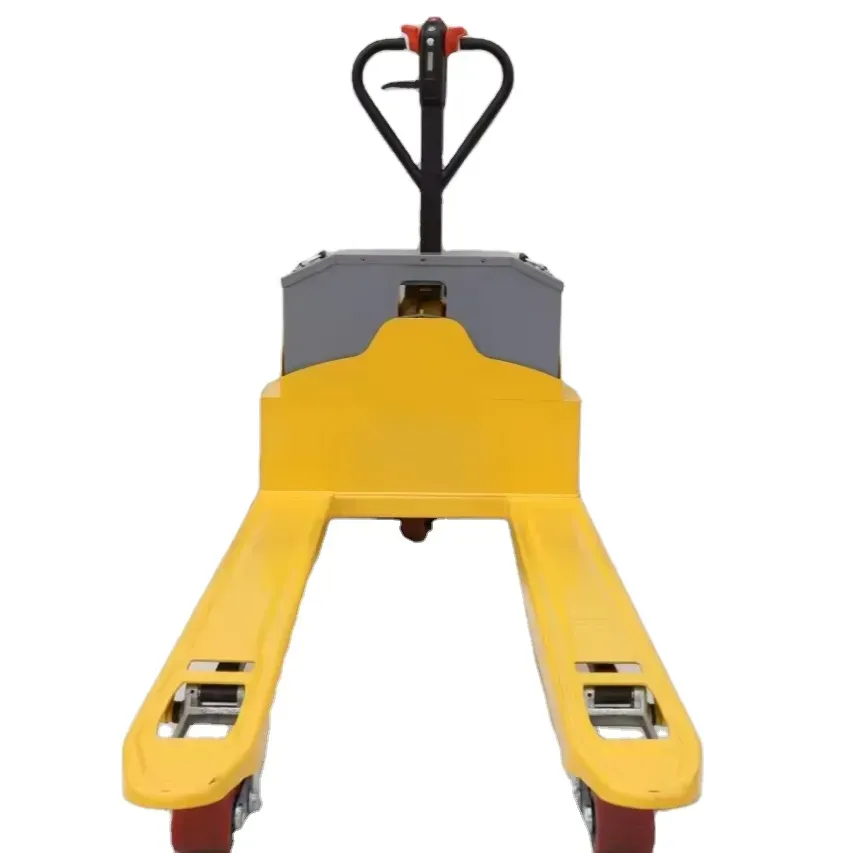


The Importance of Hydraulic Pallet Trucks in Modern Warehousing
In the ever-evolving industrial landscape, efficiency and productivity are paramount for success. Among the tools that have transformed material handling is the hydraulic pallet truck, a device that has become indispensable in warehouses, factories, and distribution centers across the globe. This article explores the significance of hydraulic pallet trucks, their operational mechanics, and their advantages in material handling.
Understanding Hydraulic Pallet Trucks
Hydraulic pallet trucks, also known as pallet jacks, are essential equipment designed for lifting and transporting pallets. They consist of a frame, wheels, and a hydraulic system that allows for easy lifting of heavy loads. The mechanism typically involves a pair of forks that slide under a pallet. By pulling a lever, the hydraulic pump raises the forks, allowing operators to move heavy items with minimal physical strain.
The design of these trucks is both simple and effective, allowing for maneuverability in tight spaces, which is often a critical requirement in warehouses and retail environments. They are available in manual, semi-electric, and fully electric models, catering to varying operational needs and budgets.
Benefits of Hydraulic Pallet Trucks
1. Improved Ergonomics One of the most significant advantages of hydraulic pallet trucks is their ability to reduce physical strain on workers. Instead of lifting heavy pallets manually, operators can rely on the hydraulic system to raise and lower loads, significantly decreasing the risk of workplace injuries.
2. Enhanced Efficiency These trucks enable faster operations. With the ability to lift and transport heavy loads quickly, workers can focus on other critical tasks, thus increasing overall productivity. This efficiency is especially beneficial during peak business periods when time-sensitive deliveries are essential.

3. Cost-Effectiveness Hydraulic pallet trucks are relatively inexpensive compared to other material handling equipment. Their lower purchase price, coupled with minimal maintenance requirements, makes them a practical choice for businesses looking to optimize their material handling processes without incurring high costs.
4. Versatility and Adaptability These trucks are suitable for a variety of environments, from warehouses filled with bulky goods to retail locations where space is limited. They can handle a wide range of pallet sizes and weights, making them adaptable to different types of loads.
5. Space-Saving Design Most hydraulic pallet trucks have a compact design, allowing them to navigate narrow aisles and tight corners. This feature is particularly advantageous in warehouses with constrained space, ensuring that inventory can be stored and accessed efficiently.
6. Ease of Use The straightforward operation of a hydraulic pallet truck means minimal training is required for new operators. Most employees can quickly learn how to use these trucks, further enhancing productivity by reducing downtime associated with training.
Conclusion
Hydraulic pallet trucks are vital tools that streamline material handling processes in various industries. Their ergonomic design, efficiency, cost-effectiveness, and adaptability make them a preferred choice among businesses aiming to enhance their operational workflows. As industries continue to seek innovative solutions for improving productivity, the role of hydraulic pallet trucks is likely to remain significant.
In conclusion, whether in a bustling warehouse or a retail setting, hydraulic pallet trucks contribute to safer working environments and more efficient operations. They are more than just simple devices; they represent a cornerstone of modern material handling strategies that can lead to long-term success for businesses in today’s competitive landscape. As the demand for rapid and efficient logistics grows, the reliance on these versatile tools will undoubtedly increase, making them an enduring fixture in the material handling industry.



